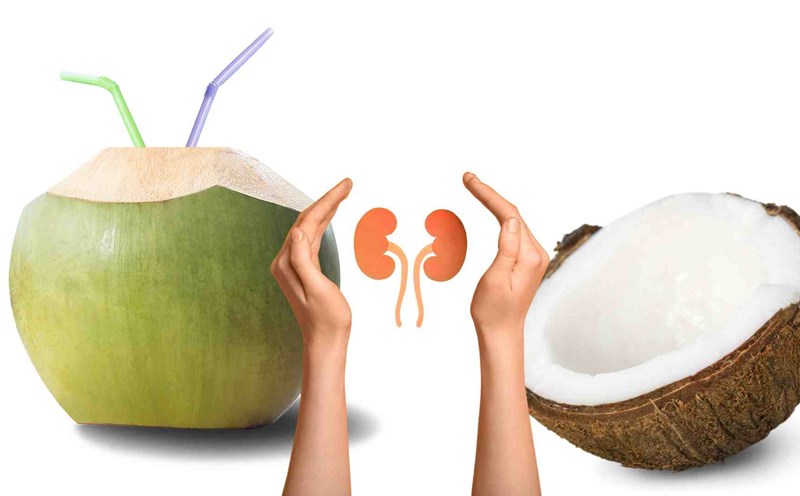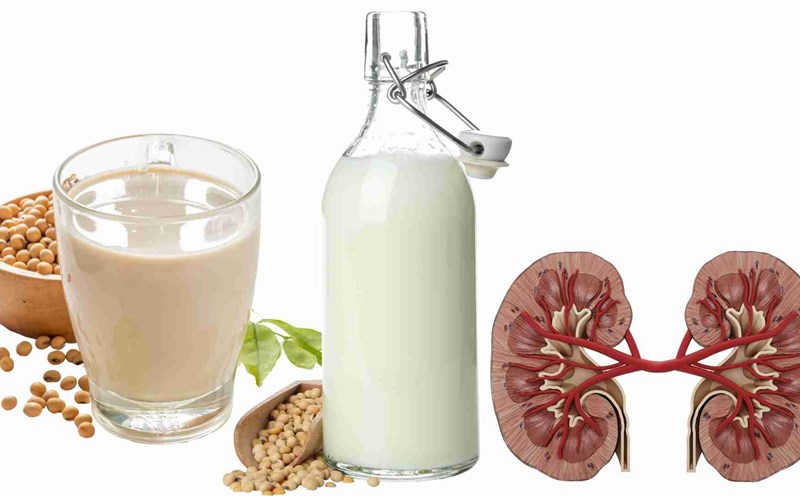A common habit is to drink too much water in a short period of time. Many people believe that the more you drink, the more "clean" you are, but in fact, over- consume can overload the kidneys to eliminate excess water, and cause electrolyte imbalance disorder, leading to dangerous hyponatremia.
The human kidney can only process about 0.8 - 1 liter of water per hour. If this threshold is exceeded, the risk of cerebral edema and acute kidney failure is entirely possible, warned Dr. Mitchell Rosner, University of Virginia (USA).
On the contrary, drinking too little water is equally harmful. The body lacks water for a long time, increasing the risk of kidney stone formation, reducing the liver's ability to filter toxins. A study published in the Journal of the American Society of Nephrology showed that people who drink less than 1 liter of water/day have a much higher rate of chronic kidney failure than those who maintain 2 liters.
In addition, the habit of abusing carbonated soft drinks, energy drinks or milk tea instead of water is becoming a "silent killer" for the liver and kidneys. The high sugar and additive content in these drinks causes the body to work continuously for metabolism, gradually leading to fatty liver, insulin resistance and liver cell damage. According to Dr. Robert Lustig, an endocrinologist at the University of California (USA): " Drinking soft drinks every day can double the risk of non-alcoholic fatty liver disease, which is the leading cause of liver fibrosis in young people today".
Experts recommend that adults should drink about 1.5 - 2 liters of filtered water per day, divided equally between different times. Drinking a glass of water early in the morning, add water before meals and during exercise helps maintain fluid balance, reducing the burden on the liver and kidneys. Minimize industrial soft drinks and absolutely do not drink too much at one time.
Obviously, just a small habit of drinking water every day can determine long-term liver and kidney health. Drinking enough, properly and choosing a safe water source is the "key" to protecting the body from dangerous diseases.










